Equal opportunities in education, research and innovation in Switzerland
Swiss education, research and innovation policy is faced with challenges affecting all areas. One of these is equal opportunities. Here is a brief overview of the relevant activities of ERI stakeholders.
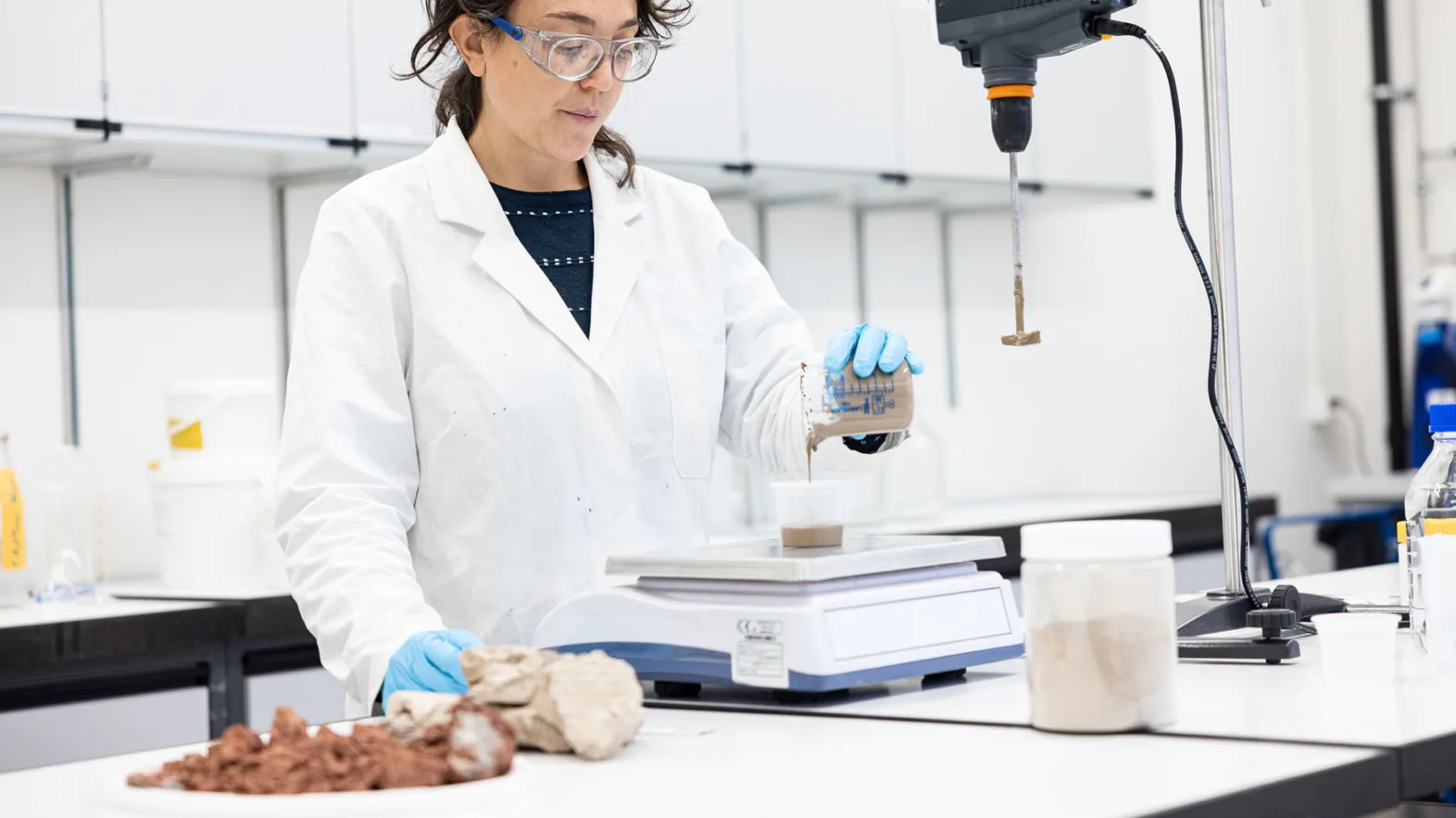
The Swiss Constitution states that every citizen in Switzerland must be given equal opportunities to the greatest extent possible. This also applies to education, research and innovation. Based on this and other legal foundations, educational measures are taken to avoid inequalities and foster equal opportunities within the ERI system. The aim is to ensure that everyone is able to fulfil their potential without discrimination or regard for attributes such as their gender, origin, age, or disability.
Equal opportunities is one of four cross-cutting themes that affect all ERI funding areas (see infobox below). They form the basis of the strategic multi-year plans of ERI stakeholders (Swiss Academies of Arts and Sciences, Swiss Federal University for Vocational Education and Training, ETH Board, Innosuisse, Swiss National Science Foundation, swissuniversities). Below is a selection of activities pursued in support of equal opportunities.
Activities relating to vocational, professional and continuing education:
viamia
viamia is a free career assessment service offered to people aged 40 and up in all parts of Switzerland. It facilitates entry, transfer and re-entry to the education system (e.g. former homemakers). This service allows the potential of the domestic labour force to be used more effectively.
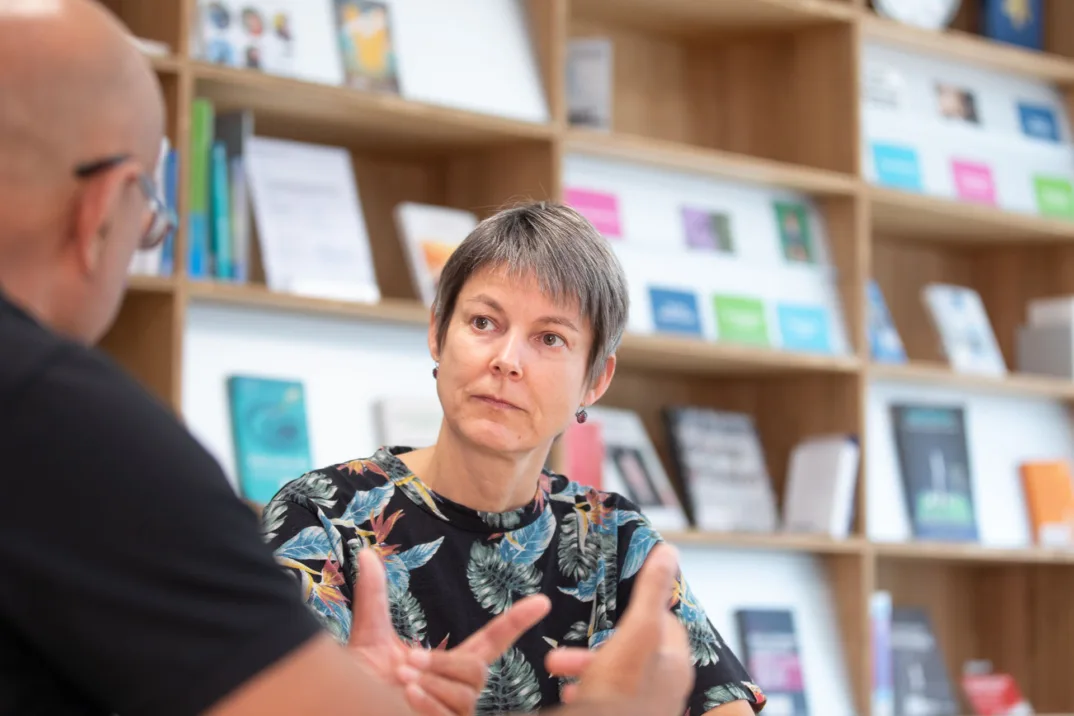
VPET 2030
A Vocational and Professional Education and Training (VPET) 2030-sponsored project helps the deaf and hearing-impaired to gain access to vocational education and training. A recent report takes stock of existing support services and highlights optimisation potential.
Adult acquisition of basic skills
The Confederation and the cantons are working together to facilitate the adult acquisition of basic skills. Basic skills empower people to play an active role in professional, social, political and cultural life.
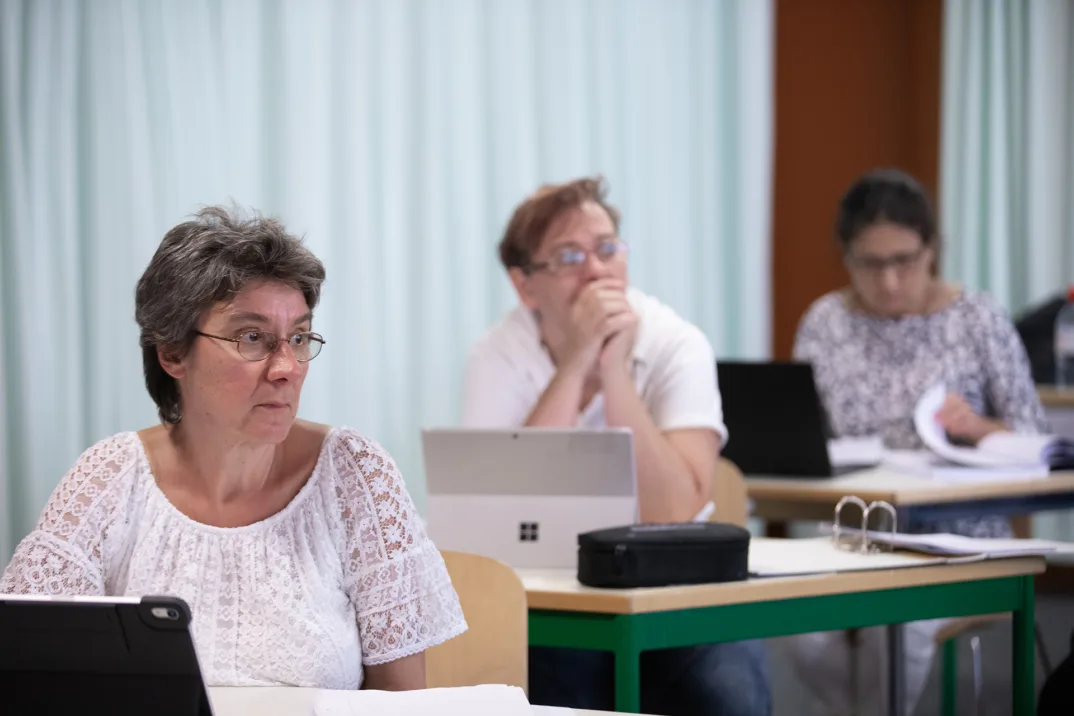
STEM-related activities:
Networking and support
STEM stands for science, technology, engineering and mathematics. A variety of activities are designed to inspire women to pursue STEM fields and support them in their career development (e.g. networking and improved working conditions). At the same time, children and young people should be encouraged to take up STEM subjects, especially girls and children from underprivileged educational and social backgrounds. As a case in point, the swissTecLadies initiative supported by the Swiss Academy of Engineering Sciences (SATW) provides both a network and mentoring programme to young girls and women.
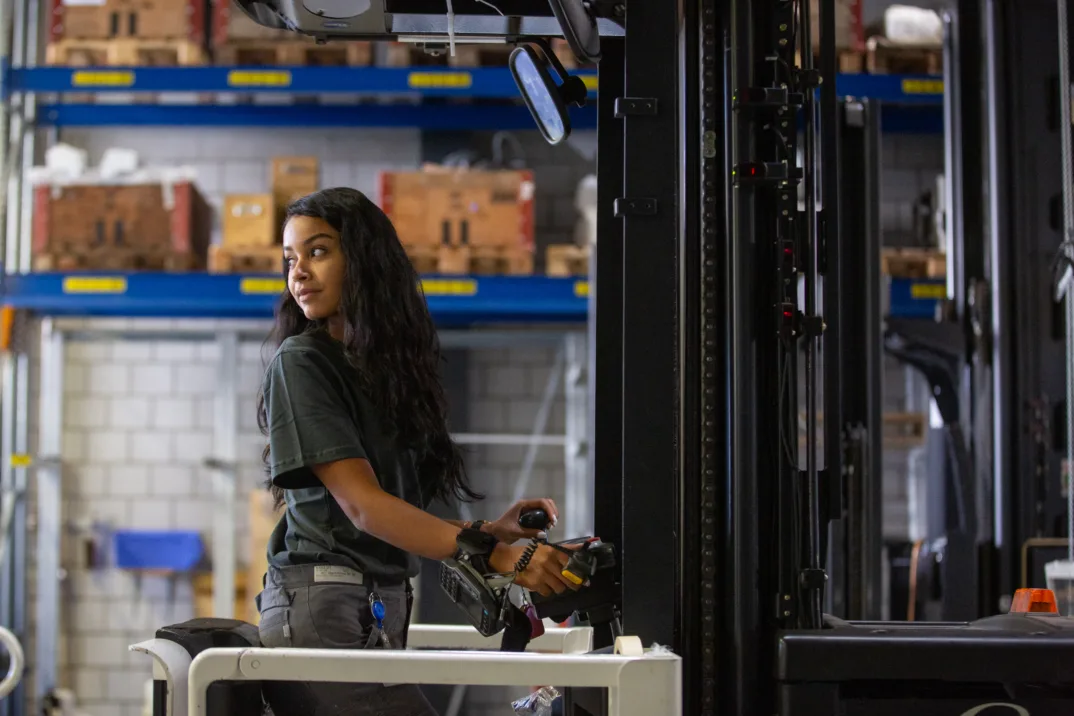
Monitoring activities:
Swiss Education Report and swissuniversities
Equal opportunities are regularly and systematically monitored at national and international level (e.g. Swiss Education Report and gender monitoring statistics compiled by swissuniversities).
Research and innovation activities:
SNSF Professorial Fellowship
The Swiss National Science Foundation (SNSF) encourages in particular the work-life balance, equal opportunities for younger and older researchers and empowering groups that are underrepresented in the research community, especially women. The SNSF Professorial Fellowship programme is a good example of this: in addition to awarding funding without regard to gender, the programme includes a fixed share of the budget that is allocated to up to 14 additional projects carried out by women.
Innovation support
Innosuisse has a range of specific support programmes for women involved in innovation projects. Innosuisse also strives for equal participation of women in start-up training courses and encourages team diversity in innovation projects.
Activities relating to higher education:
Project contributions: women at higher education institutions
Through swissuniversities, the Confederation provides contributions for cooperation and innovation projects pursued by Swiss higher education institutions. Examples include projects and partnerships that focus on 'diversity, inclusion and equal opportunities in higher education policymaking’ During the 2025-2028 funding period, emphasis will also be placed on equality, diversity and inclusion at all levels of higher education. As part of university-specific action plans, for example, targeted measures will be taken to raise the proportion of women at the relevant levels - among assistants, researchers and professors. These measures will also increase the proportion of women in underrepresented subject areas and at managerial level. Another objective is to create a respectful and inclusive study and working environment.
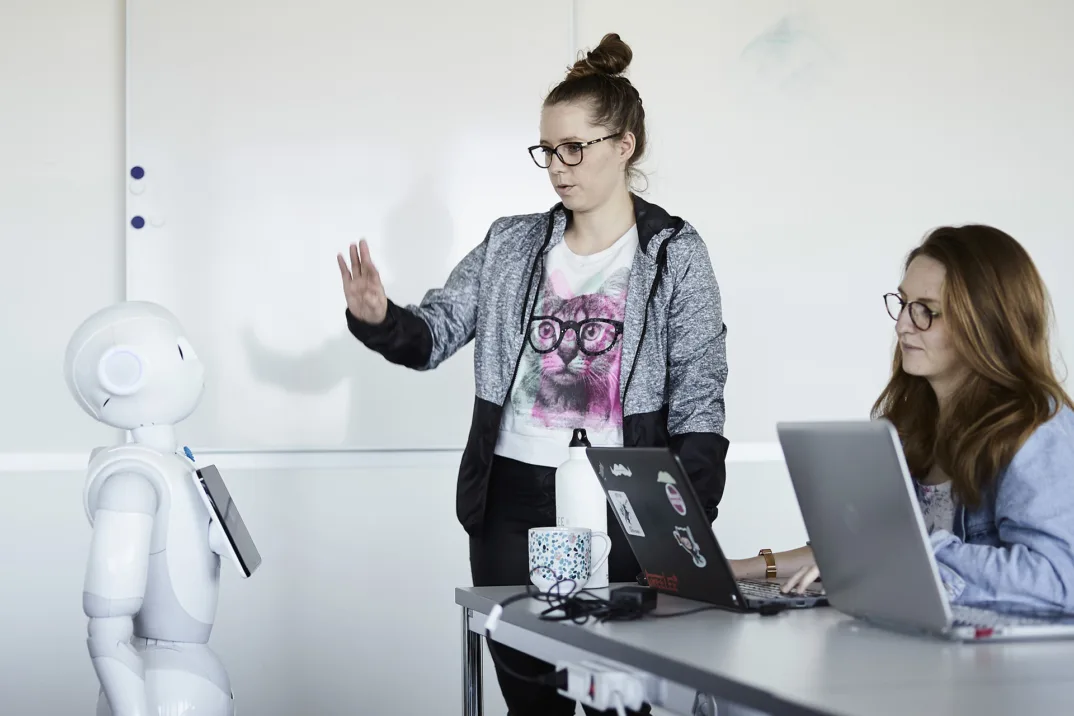
Project contributions: fostering diversity within the student body
Swiss higher education institutions are also committed to maintaining diversity within the student body or ensuring accessible teaching. This is made possible thanks to project contributions. For example, five universities have taken coordinated action to support first-generation students whose parents or guardians have not obtained a degree from a university recognised in Switzerland.
This list is not exhaustive. More information on equal opportunity activities in the ERI sector can be found here.
Cross-cutting themes
On 8 March 2024, the Federal Council submitted the ERI Dispatch for 2025-2028 to the Swiss Parliament. The aim of its ERI policy is to ensure that Switzerland remains an international leader in education, research and innovation. To achieve this, the Federal Council plans to commit up to CHF 29.2 billion in funding. There are four cross-cutting themes that are relevant to all funding areas:
- Digitalisation
- Sustainable development
- Equal opportunities
- National and international cooperation
It is possible for there to be interactions and overlaps between the four themes. For example, digitalisation leads to innovative developments that improve efficiency. At the same time, digitalisation should be sustainably encouraged in the interests of the environment, society and democracy.
Contact
Author



